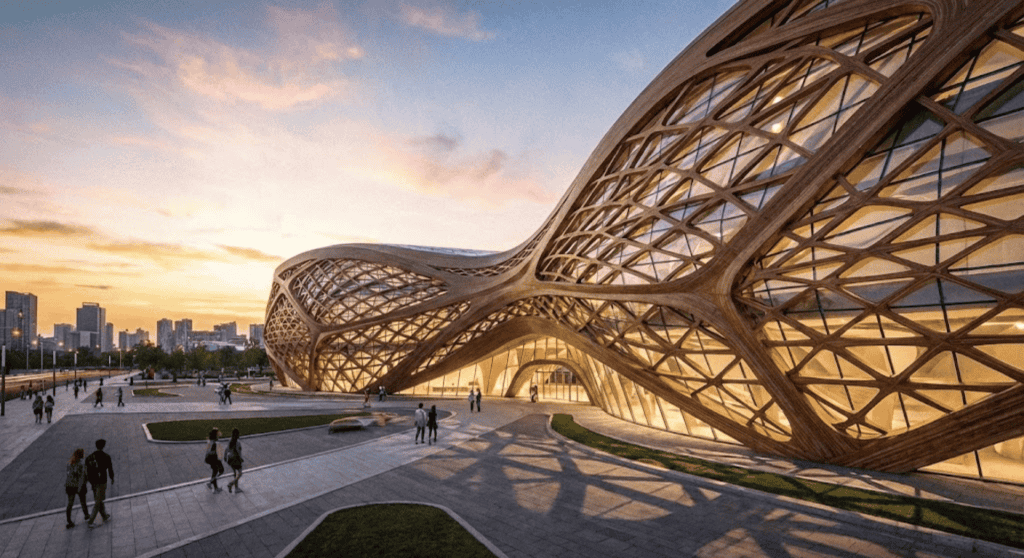Modular construction represents a paradigm shift in building delivery, where prefabricated components are manufactured off-site and assembled on location. This approach dramatically reduces construction timelines, minimizes site disruption, and delivers consistent quality while addressing labor shortages and improving safety standards across the construction industry.
Key Insights on Modular Construction:
- Time Efficiency: Parallel on-site preparation and off-site fabrication reduce overall project duration by 30-50% compared to traditional construction methods.
- Quality Control: Factory-controlled manufacturing environments ensure precision, consistent standards, and reduced material waste through optimized processes.
- Cost Predictability: Fixed factory production costs and reduced site labor requirements provide greater budget certainty and minimize cost overruns.
- Design Flexibility: Modern modular systems support diverse architectural expressions, from residential towers to commercial complexes and healthcare facilities.
- Sustainability Benefits: Reduced transportation trips, minimized material waste, and factory recycling programs lower environmental impact significantly.
- Site Safety: Controlled manufacturing reduces on-site activities and associated accident risks, improving overall construction safety metrics.
India Context Example:
T2 Terminal at Mumbai Airport utilized modular construction for interior fit-outs, enabling rapid completion of passenger facilities while maintaining operational continuity. The prefabrication approach allowed simultaneous infrastructure work and interior assembly, cutting completion time by several months.
Practical Conclusion:
Successful modular construction requires early design commitment, coordination with manufacturing facilities, and careful logistics planning. While upfront design investment is higher, the time savings, quality improvements, and cost predictability make modular approaches increasingly attractive for projects with tight schedules and high quality requirements.
Reference: Modular Building Institute


